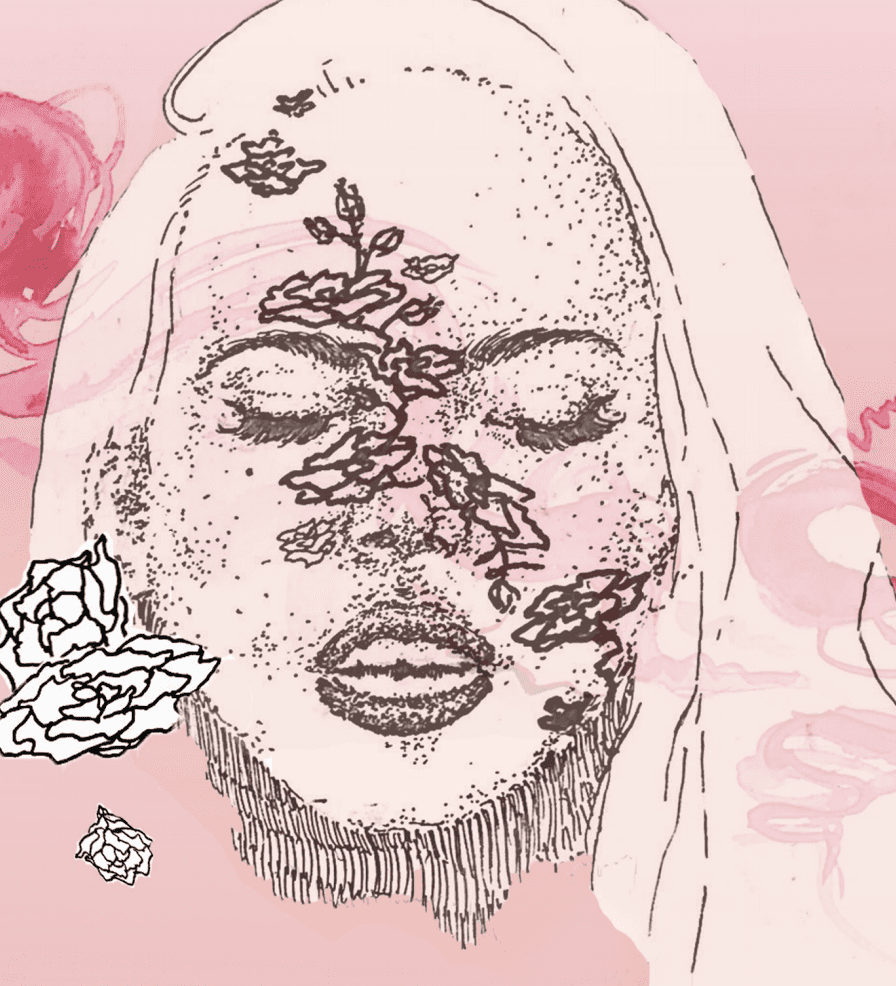CONTENT WARNING: Brief Mention of Panic Attacks, Allusions to Depression
A record number of outbreaks of Summertime Sadness have swept the ANU community these past few weeks, with numbers expected to rise. First diagnosed in 2012 with the release of Lana Del Rey’s hit single, the disease has since spread globally at an alarming rate. Extremely contagious and especially lethal during mercury retrogrades, side-effects include general melancholia, dread of O-Week, personal isolation, and increased weakness to the debilitating Jan-Feb heat.
“Look I love the holidays,” one diagnosed victim states, “but there’s something about doing nothing for three months while all your friends go to Europe that really messes you up. At least during the term I had my weekly panic attacks to keep things interesting. Now I just sleep until noon, watch an entire season of The Good Place and then go back to bed.”
The disease is thought to have mutated from the strain ‘Summertime Examstress’, an infection even more lethal than its counterpart, in which the incoming summer heat is exacerbated by incompetent tutors, ANUSecure WiFfi failures, and a widespread feeling that you are one multiple-choice question away from a breakdown. “I hate this,’ another victim reported tearfully. “I’m dropping out. Fuck BIOL1004 and fuck uni.”*
Summertime Sadness is known to linger until the week before Semester One begins, usually cured by the rush to enrol in tutorials, panic over elective allowances, and serotonin boosts from purchasing new stationary.
Recommended remedies include: making time to see your friends, staying hydrated, eating healthy, exercising regularly, and listening to Del Rey’s optimistic 2017 album Lust for Life, in which the lyrics ‘our lust for life/keeps us alive’ have been known to counteract the lethal effects of verses like ‘you and I/we were born to die.’ More to come.
*This reporter is pleased to announce this victim passed her course with a D average.
We acknowledge the Ngunnawal and Ngambri people, who are the Traditional Custodians of the land on which Woroni, Woroni Radio and Woroni TV are created, edited, published, printed and distributed. We pay our respects to Elders past and present. We acknowledge that the name Woroni was taken from the Wadi Wadi Nation without permission, and we are striving to do better for future reconciliation.
